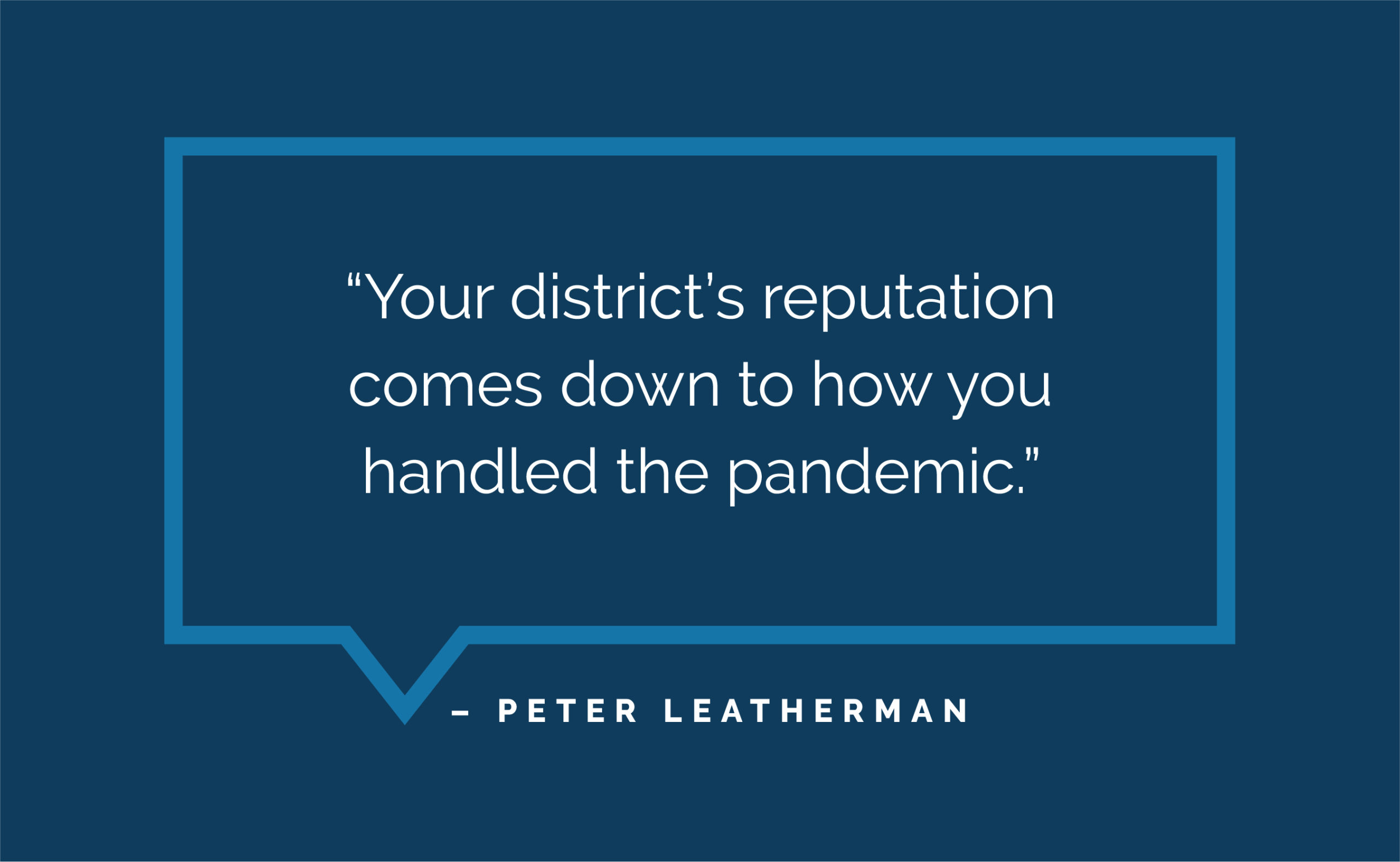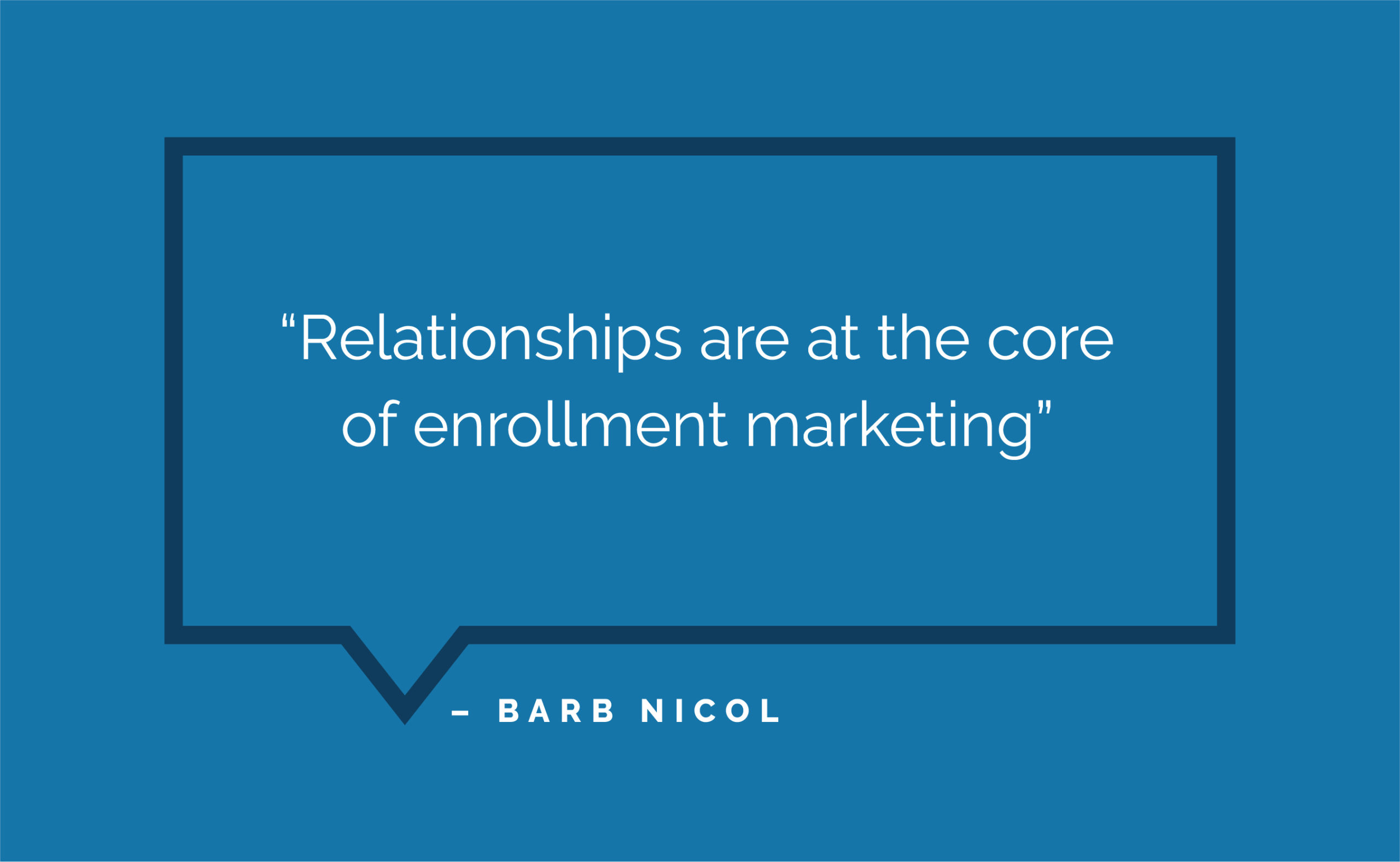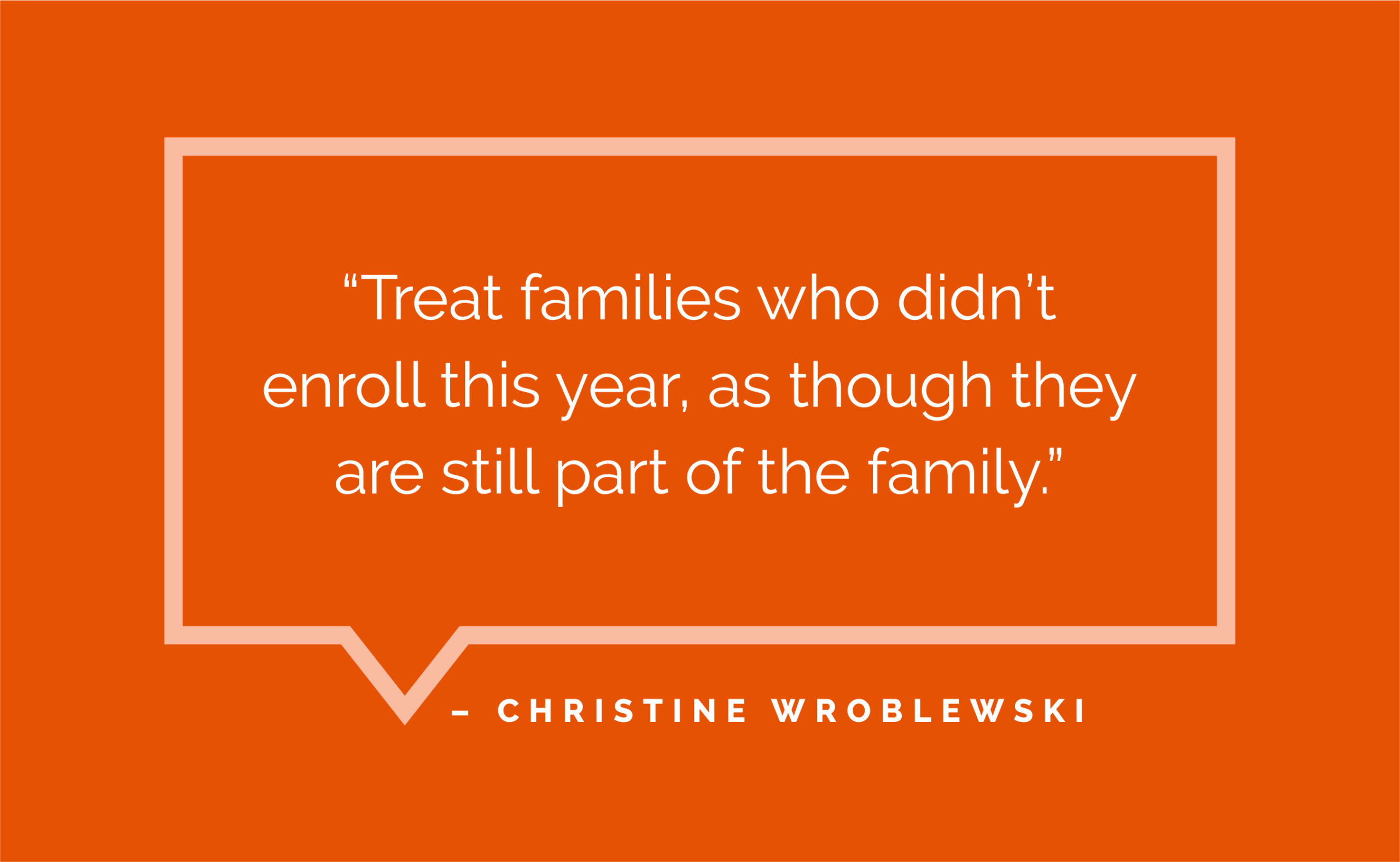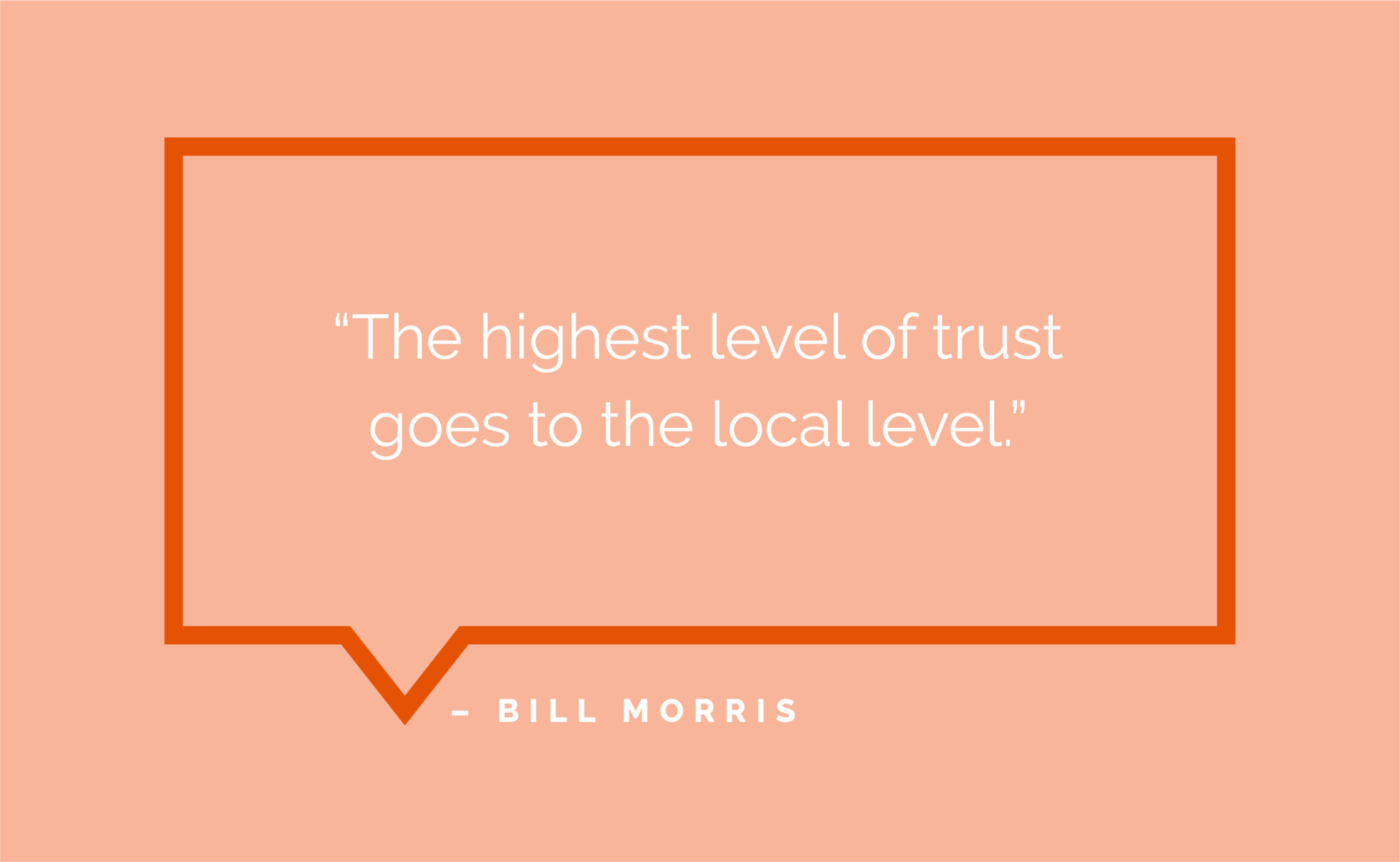Building Public School Trust
In a nation currently divided by COVID-19, elections and distance-learning, it’s understandable why many may feel isolated and even distrustful. In what is becoming a post-election ritual, the Minnesota School Public Relations Association held a post-election forum with public opinion researchers, Dr. Bill Morris and Peter Leatherman of Morris Leatherman Company. The session looked at what schools can learn from the 2020 General Election.
Where can healing begin?
Well, schools are the heart of every community. Schools are where our future leaders gather to discover the world’s unlimited possibilities and socialize with each other. However, our local public schools are not immune to political rhetoric and the divide facing our country and our state. While Minnesota supported democratic candidates statewide, local races were widely supported by incumbents, and those legislative districts that flipped, flipped to republican leading to a closely divided state legislature. That will have an impact on schools.
Local school leaders have experienced divisiveness and have found themselves at the center of countless discussions, both positive and negative. So, how do we steer schools toward a more peaceful future? It begins with building public school trust.
Here are a few tips on how to build public school trust moving forward.
We’re talking about building trust, and to be a trusted district or public school, it really comes down to being a dependable leader during challenging times. We trust leaders who can guide us through the darkness. What can you do to build and maintain your reputation?
1. Lead with empathy and over-communicate. Many school communications are coming across as transactional. We need to win their hearts and minds to build trust.
2. Be ready for the challenges that lie ahead; have transitional plans, train educators to teach in various environments, be prepared to communicate internally and externally quickly and efficiently.
3. Be adaptable to the changing times. Start to shift the conversation on what quality learning looks like; we have the opportunity to redefine education right now. Leaders must take the time to reflect on what education will look like for students moving forward.
Even as the pandemic persists, we have to remember that relationships matter. There is no trust without relationship-building. Families won’t send students to unpredictable or undependable public schools. The challenge is that our teachers who are best at building relationships are equally taxed right now. We have to be intentional at a systems level.
4. Re-learn how to engage with families and communities with empathy and patience.
5. Listen attentively to what concerns and achievements current families talk about to better understand what needs to happen next to retain families and attract new ones.
6. Ask yourself, ‘what’s the hope that we can keep instilling in our families?’
During these unprecedented times, families have also had to adapt. Many had to make difficult decisions. Some waited to enroll young children this year. We need to make sure that the families who chose to wait still know that they are part of the family. And that no matter what, their relationship and trust still remain priorities for the school. We have to show we care and that their children’s education will always receive the utmost attention. How we do that?
7. Send out emails, newsletters or cards to check-in on families, remind them you care and that their child’s future is always your priority.
8. Create flexible plans and options for new families during the next enrollment process; everyone’s adapting.
9. Think about more flexible enrollment policies and procedures; families know they have many choices.
10. Prepare now for the 2021 Kindergarten bubble that may go through your system for the next 13 years (many families simply held off enrolling this year). Will they enroll in Kindergarten or first grade next year? Think now about systems to work with families; bureaucratic policies won’t be well received.
Local decisions will require local engagement. Administrations who try to go it alone may find boards under tremendous political pressure to change a decision; that is a bad precedent to set. Emergency decision-making will only work so long. COVID fatigue is real and patience is wearing thin. Work with, not against, parent leaders and opinion leaders in your community.
Community engagement is time-consuming, but it builds trust. Our local schools are owned by the community. With a state budget deficit, an economic downturn, and no sign the pandemic will magically disappear, working to build relationships with families and community leaders is more important than ever.
Published on: November 20, 2020



